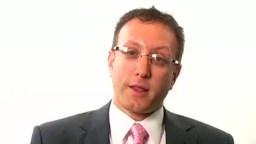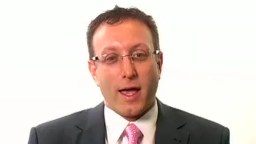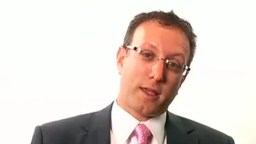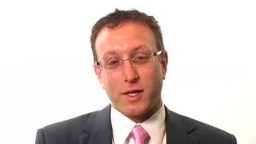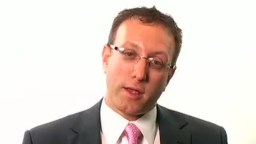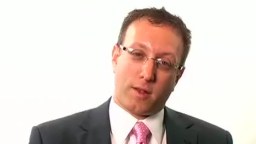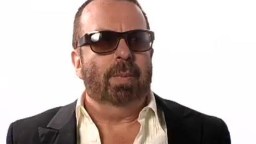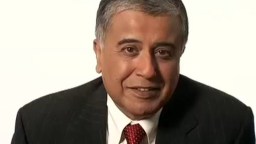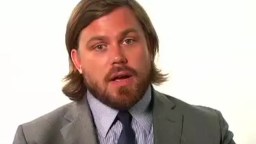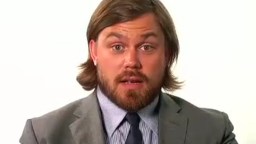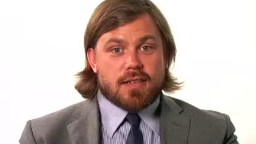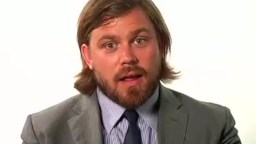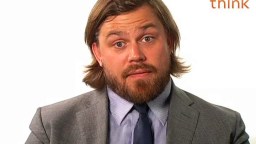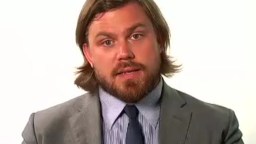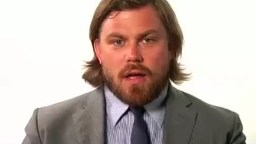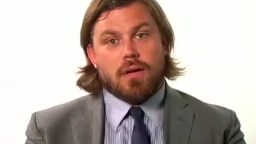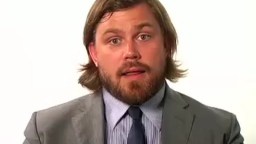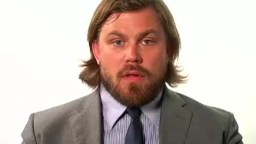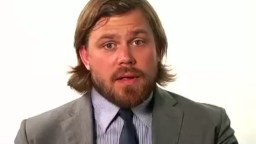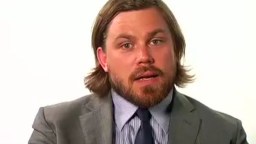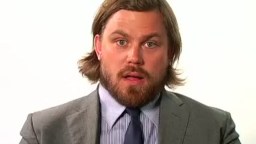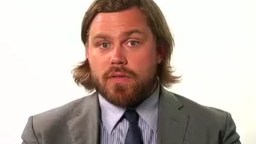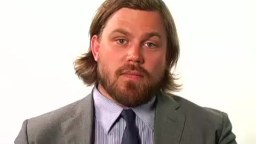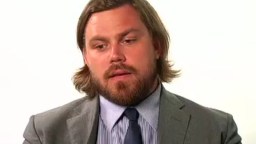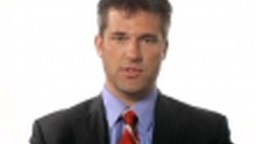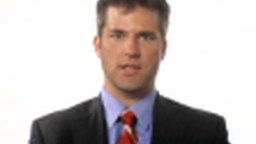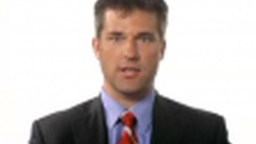
Latest Videos
All Stories
Dr. Marc Bessler cautions carbophobes to maintain a balanced diet.
▸
2 min
—
with
According to Dr. Marc Bessler, the Food Pyramid is wrong.
▸
2 min
—
with
Dr. Marc Bessler explains when it is advisable for obese patients to undergo surgery.
▸
6 min
—
with
Dr. Marc Bessler emphasizes the necessity of a long term plan for weight management.
▸
5 min
—
with
Expected procedures, such as a stomach balloon, will transform the field in the next few years, says Dr. Marc Bessler.
▸
2 min
—
with
Dr. Marc Bessler describes obesity as a disease, lists the best hospitals for surgery, and gives advice on how to afford the procedure.
▸
7 min
—
with
Dr. Marc Bessler plans to transform the surgical paradigm.
▸
3 min
—
with
From triangulation to finding new uses for current implements, Dr. Marc Bessler hopes to bid sutures farewell.
▸
1 min
—
with
Dave Stewart on the mobilizing forces of technology. This series brought to you by Dell and digitalnomads.com
▸
7 min
—
with
Fred Hassan on the mobilizing forces of technology. This series sponsored by Dell and digitalnomads.com
▸
5 min
—
with
Fredrik Carlstrom discusses the cultural transition from Sweden to the United States.
▸
2 min
—
with
The “ideal” of America has been successfully marketed, says Fredrik Carlstrom.
▸
1 min
—
with
Fredrik Carlstrom talks about his entrepreneurial beginning
▸
4 min
—
with
Fredrik Carlstrom discusses his role in uniting an advertising agency with a production company.
▸
4 min
—
with
Fredrik Carlstrom explains that people do not want to get hit over the head with an advertisement.
▸
4 min
—
with
It is important to figure out what the competition is doing, says Fredrik Carlstrom.
▸
3 min
—
with
My creative process is to panic, says Fredrik Carlstrom.
▸
2 min
—
with
It is important not to take yourself too seriously, says Fredrik Carlstrom.
▸
1 min
—
with
Carlstrom talks about launching a magazine about print advertising.
▸
5 min
—
with
According to Fredrik Carlstrom, the Internet allows advertising to reach almost anyone.
▸
4 min
—
with
Find the best person for the job, says Fredrik Carlstrom, and stay out of the way.
▸
2 min
—
with
Fredrik Carlstrom’s advice: at least try to be ethical.
▸
2 min
—
with
Fredrik Carlstrom explains that a broad target audience allows advertisements to be more specific.
▸
2 min
—
with
Fredrik Carlstrom says: “We have better people”
▸
2 min
—
with
Fredrik Carlstrom discusses the trouble with politics.
▸
1 min
—
with
Fredrik Carlstrom discusses the next steps in his career.
▸
1 min
—
with
Having grown up overseas, Scott Kleeb, sees the world from a variety of perspectives.
▸
2 min
—
with
When our allies give us the cold shoulder it is a red flag, Scott Kleeb notes.
▸
3 min
—
with
By looking abroad, Obama may have lost his shine with a homegrown constituency, Scott Kleeb says.
▸
2 min
—
with


